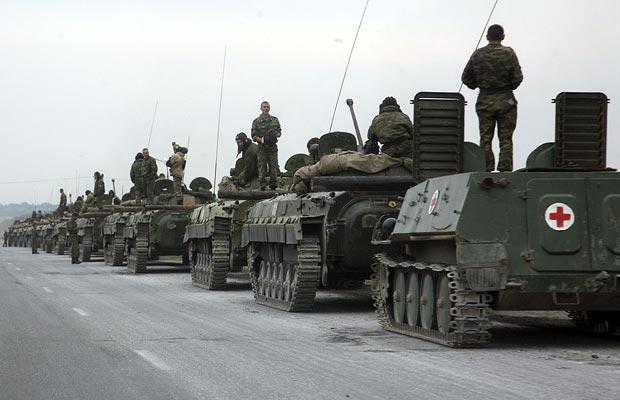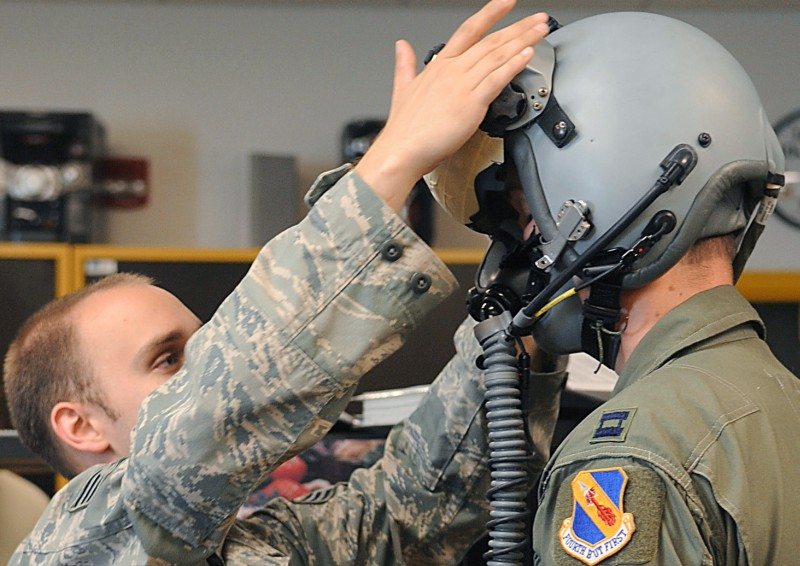Russia and France will jointly build a new armored infantry vehicle in the next 18 months, the Rosoboronexport arms export monopoly said on Friday.
Speaking at the Engineering Technologies forum at Zhukovsky near Moscow, Igor Sevastyanov, the company’s deputy chief, said he was heading a working party incorporating new technology from both nations and that a model had been made.
“We have a project under the aegis of a Russian-French group for land forces, which I head,” Sevastyanov said. “Now we are working on development of some vehicles with a French base but with Russian weapons and Russian turrets.”
“The vehicle should appear in the near future, around 18 months. We have a draft design and a model has been made,” he added.
He said France is also interested in co-production, with Russia, of an armored personnel carrier to be sold to third countries.
It may also be used by the French or Russian armed forces, he said, adding that the new vehicle would have to meet both Russian and NATO standards.
Previous media reports have suggested that talks have taken place between Russia and French military vehicle manufacturer, Panhard, on purchasing Panhard vehicles for Russia’s border guard service. The results of the talks have not been disclosed.
Sevastyanov also said Russia and the United States could cooperate in joint development of arms and military equipment. He did not mention any specific projects, only saying a “joint product” might be around in five to 10 years.
In addition, he said, all arms contracts previously signed with Egypt will be carried out.
“Egypt’s Defense Ministry confirmed that all contracts concluded with Russia will be implemented, possibly with some adjustments,” he said.
“Egypt is an excellent paying client.”
On Libya, Sevastyanov said the country’s authorities were interested in continuing military-technical cooperation with Russia and unfreeze the contracts that were put on hold after the revolution.
Last August, Rosoboronexport chief Anatoly Isaikin put Russia’s “foregone profits” from the frozen contracts at $4 billion.











